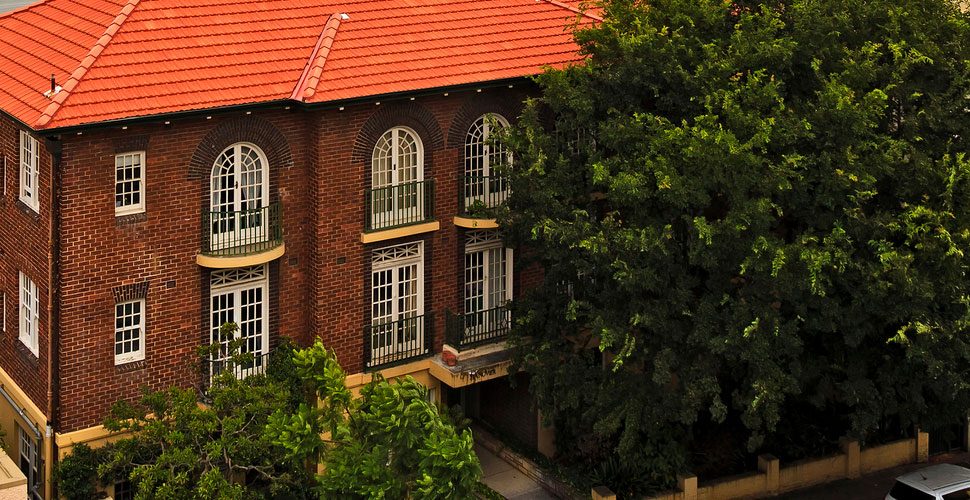Explainer – unlocking the SDA rule

What is the new Specialist Disability Accommodation Rule and what does it mean for people with disability under the NDIS?
The SDA rule is a really important document because it sets out how and what accommodation can be provided for people with very high support needs through the NDIS. It’s protected by law and has the agreement of all state and territory ministers.
It doesn’t include pricing or tools for assessing if you are eligible for housing support through the NDIS. These are guided by the NDIA and can be tweaked as the roll out goes along, and there’s a better understanding of how it needs to work.
It also only applies to approximately six per cent of NDIS participants who are eligible for SDA through their NDIS plan.
Is the SDA rule a good thing? Yes!
For too many years too many people with disability have been forced into living arrangements not of their choosing – whether that’s large residential centres, group homes, or aged care homes.
The NDIS is unlocking opportunities for people with disability to choose how they live – from sharing with friends, living on their own or in more traditional smaller disability accommodation.
The SDA rule allows NDIS participants to think outside the square and have access to supports they need to live how they choose – whether that’s assistive technology, home modification or peer support. It even allows them to register as their own housing provider.
The rule requires plans to look at all factors when helping a participant choose the accommodation that’s right for them – including their connections to a local community and the support they receive from family and friends so they aren’t away from their networks.
Importantly, it also makes it very clear that NDIS participants with specialist disability accommodation in their plan right now will continue to have that type of accommodation in their plan if that is what they want.
Is the SDA rule perfect? Not quite!
There are concerns that the SDA rule is limiting choice and control by making participants select ‘in kind’ housing options before they choose another provider. This means the NDIA must check whether there is a vacancy (or expected vacancy) in a government-run group home before considering other SDA providers.
This part of the rule takes away the choice to live in a home they choose, which is contrary to both the NDIS and the Human Rights Convention of People with Disability.
It’s also a potential problem for non-government community housing providers who have already invested in housing options and need people to live there to be financially viable.
We also know there’s a huge shortage of safe, accessible, affordable accommodation to meet the needs of people with disability right now – let alone when the NDIS is fully rolled out.
The SDA rule is a detailed and in places very technical document designed to avoid any confusion for both participants in the NDIS who are eligible for Specialist Disability Accommodation and for housing providers about what is expected of them.
You can read the full SDA rule here.
There is a lot more work to be done by state and federal governments if we’re going to meet the housing needs of NDIS participants by 2019, and provide housing for every Australian with disability who needs it.

Join the conversation